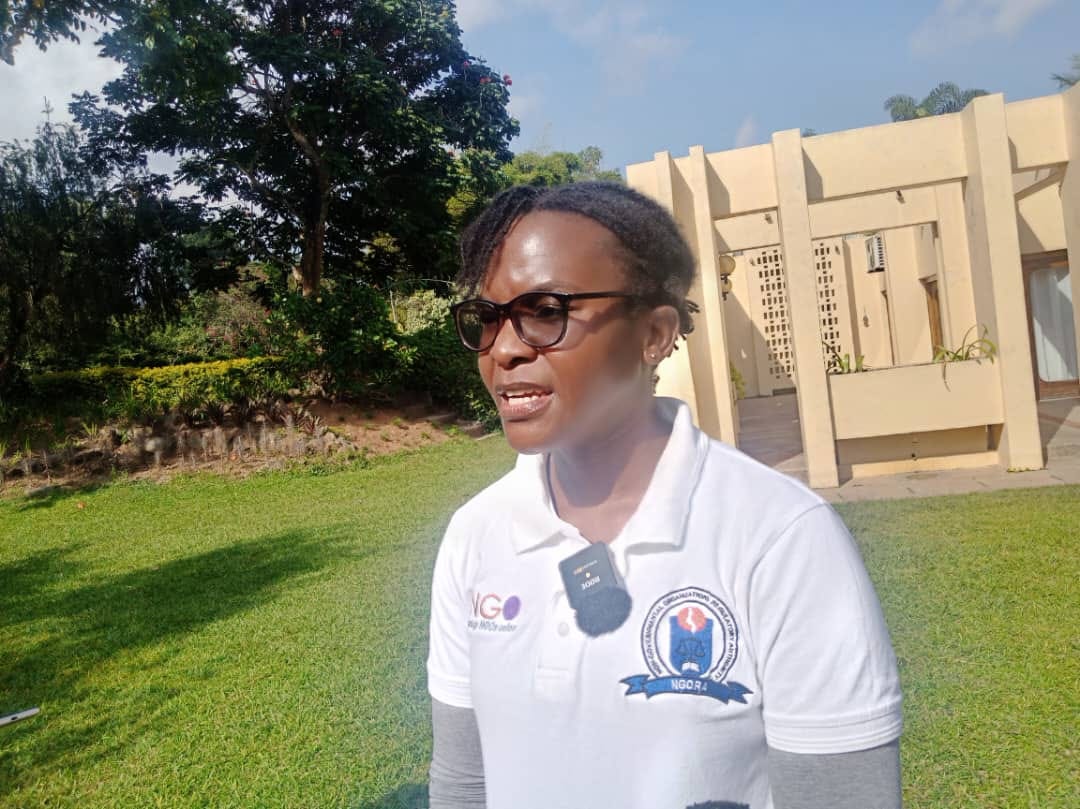NGORA Boosts Media Collaboration for Enhanced Public Awareness
As the country grapples with various social and economic challenges, effective communication between regulatory bodies and the public becomes increasingly vital.
MZUZU, Malawi — The Non-governmental Organization Regulatory Authority (NGORA) of Malawi has taken a significant step to strengthen its partnership with the media, hosting a crucial orientation meeting on Friday, writes Tionge Hara.
The event aimed to clarify NGORA's role and improve information dissemination about non-governmental organizations (NGOs) in Malawi. NGORA spokesperson Lucy Bandazi emphasized the media's pivotal role as their primary partner in reaching a broader audience.
"We look at the media as our key partner," Bandazi stated in an interview.
"We've found that there are misconceptions about the kind of work we do, and we felt it necessary to engage the media because you have the capacity to carry our message far and wide."
Bandazi highlighted several key points NGORA wanted to communicate:
1. The transition from NGO Board to NGORA, explaining that the change involved more than just a name alteration. The new structure, established by the NGO Act, streamlined NGORA's work and simplified the NGO registration process.
2. Clarification on what constitutes an NGO, addressing common misunderstandings about the term.
3. NGORA's ongoing terrorism financing assessment within the NGO sector, with results pending compilation and reporting.
Feston Malekezo, head of Times Group in the northern region and chairperson of the Nyika Media Club, welcomed NGORA's initiative.
"NGOs play critical roles in our country. We all know that the government alone cannot be everywhere, so we also need hands from other sectors," Malekezo said.
He emphasized the media's responsibility in this partnership: "As journalists, we have to be in the fore to make sure that what they are doing is precisely what they registered to be doing in the country. We have to be watchdogs as well, reporting organizations that are operating illegally or contrary to their registered purposes."
Malekezo also highlighted the media's role in educating potential NGOs about the registration process and operational guidelines in Malawi.
The meeting served to differentiate NGORA from CONGOMA (Council for Non-Governmental Organizations in Malawi). While both organizations work in the NGO sector, NGORA is a statutory body, whereas CONGOMA is a non-governmental entity.
This engagement reflects a growing trend among Malawian government agencies to foster closer ties with the media.
As the country grapples with various social and economic challenges, effective communication between regulatory bodies and the public becomes increasingly vital.
Both NGORA and media representatives expressed hope that this orientation meeting marks the beginning of an ongoing dialogue, ultimately serving to better inform and engage the Malawian public about the crucial work of NGOs in the country.



